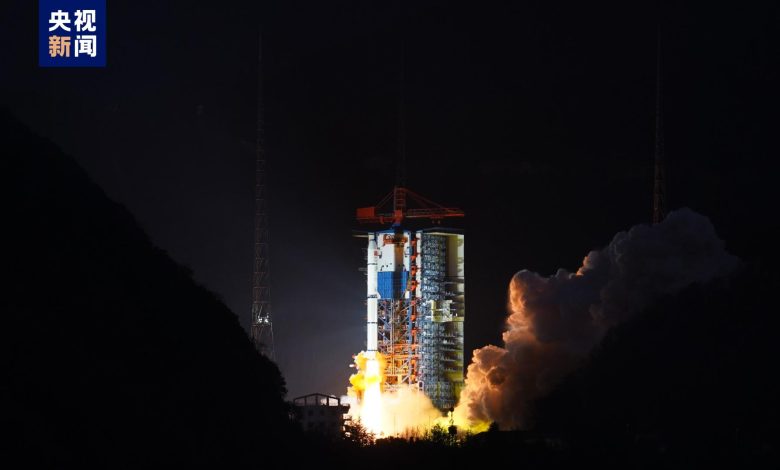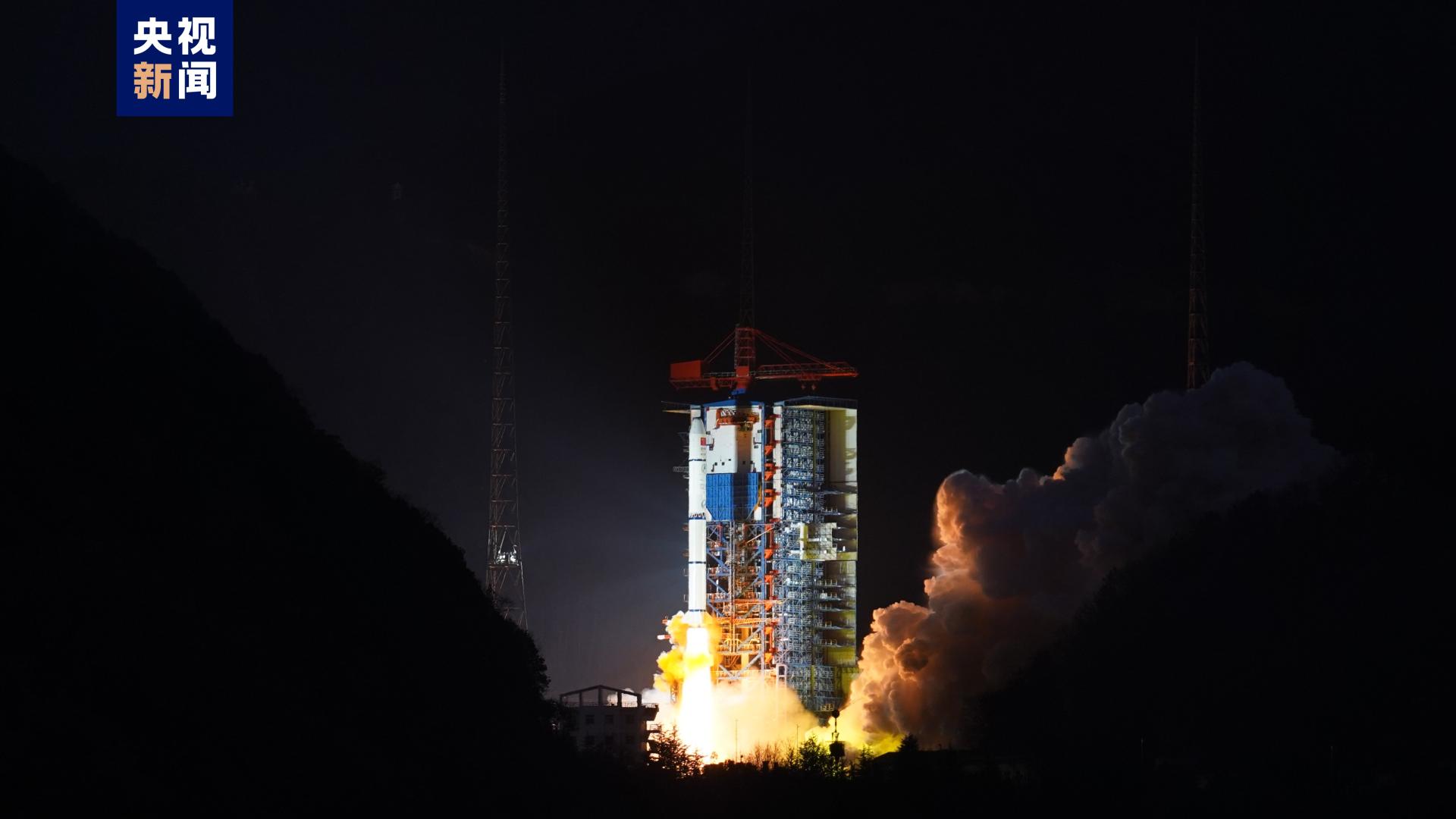China launches 11 new Geely-02 satellites for future travel ecosystem


<img src='https://news.cgtn.com/news/2024-02-03/China-launches-11-new-Geely-02-satellites-into-orbit-1qT309eoaGI/img/d436bc0796614b829e3d0b72b8a65df3/d436bc0796614b829e3d0b72b8a65df3.jpeg' alt='China launches a group of Geely-02 constellation satellites into space from the Xichang Satellite Launch Center in southwestern Sichuan Province, February 3, 2024. /CMG'
China sent a group of 11 Geely-02 constellation satellites into space on Saturday from the Xichang Satellite Launch Center in southwestern Sichuan Province, China Media Group (CMG) reported.
Carried by a Long March-2C carrier rocket, the Geely-02 constellation satellites took off at 7:37 a.m. (Beijing Time) from the launch site, entering the preset orbit. This was the 508th flight mission of the Long March rocket series.
Owned by GeeSpace, a subsidiary of Geely Technology Group, the Geely-02 constellation satellites boast functions of communication, navigation enhancement and remote sensing.
By 2025, a total of 72 Geely satellites will be launched to construct the Geely constellation in the first phase, according to the company’s plan.
Through construction of the future travel constellation, a new technological ecology will be created, with full coverage combining multi-dimensional carriers such as automobiles and consumer electronics products, to enable smart travel, unmanned systems, smart cities and more, the company said.
<img src='https://news.cgtn.com/news/2024-02-03/China-launches-11-new-Geely-02-satellites-into-orbit-1qT309eoaGI/img/bd637a6e8a0545eda193afa9ab8af36a/bd637a6e8a0545eda193afa9ab8af36a.jpeg' alt='China launches a group of Geely-02 constellation satellites into space from the Xichang Satellite Launch Center in southwestern Sichuan Province, February 3, 2024. /CMG'
The Geely-01 constellation consisting of nine satellites was successfully launched in June 2022, and the satellites have been operating smoothly in orbit for over a year.
The Geely-01 satellites have been mainly used to research and validate technologies, such as travel services of intelligent connected vehicles, and vehicle/mobile phone and satellite interaction. They can also provide data support for marine environmental protection.

